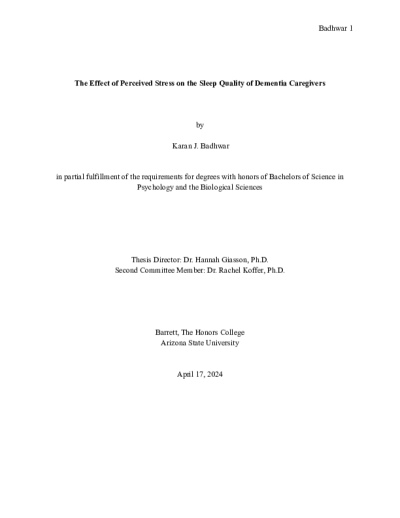Filtering by
- Status: Published

There is a substantial literature of correlational findings from studies in developed countries where abortion is legal that are riddled with methodological problems and selective biases that exaggerate post-pregnancy mental health risks of abortion while minimizing risks for unwanted childbearing. Health professionals need to be able to critically evaluate this literature and use caution when generalizing findings across contexts differing in legal grounds for abortion. The impact of diversity in women’s characteristics, circumstances, and reasons for avoiding childbirth has not been adequately incorporated in theory or research seeking to explain the variations that are found in women’s post-abortion mental health. Critical reviews have established that predictors of problems after abortion or childbirth are similar. Further, when a woman has an unwanted pregnancy, i.e., a pregnancy that she does not wish to end in a term birth, the likelihood that she will have post-pregnancy mental health problems is similar regardless of pregnancy outcome (abortion vs. delivery). Selective sampling bias that advantages the delivery group, common risk factors, and confounding of abortion with unintended pregnancy explain the correlation of legal abortion with negative outcomes observed in the literature from developed countries. Meanwhile, documented negative effects of unwanted pregnancy and childbearing are multiple, severe, and long-lasting for mother and child. Changing societal conditions, particularly in developing countries, provide an opportunity for correcting biases and limitations of current research. High quality studies aimed at understanding the varied relationships of unintended pregnancy to mental health outcomes –both positive and negative– in the context of the diverse circumstances of women’s lives are sorely needed. Such studies can inform the development of programs to re- duce unwanted childbearing and promote pre- and post-pregnancy mental health for all women, regardless of how they choose to end their pregnancy.



This narrative literature review explores how perceived stress affects sleep quality in dementia caregivers by examining various factors. Ten studies from 2013 to 2022 across four continents were analyzed, focusing on caregiver stress levels, sleep quality, caregiver burden, and depression. Higher stress levels were linked to poorer sleep quality, alongside factors like emotional distress and disrupted sleep patterns. The findings highlight the importance of targeted interventions to reduce stress and improve sleep quality among dementia caregivers, suggesting the need for longitudinal and empirical studies with standardized measures for a better understanding.